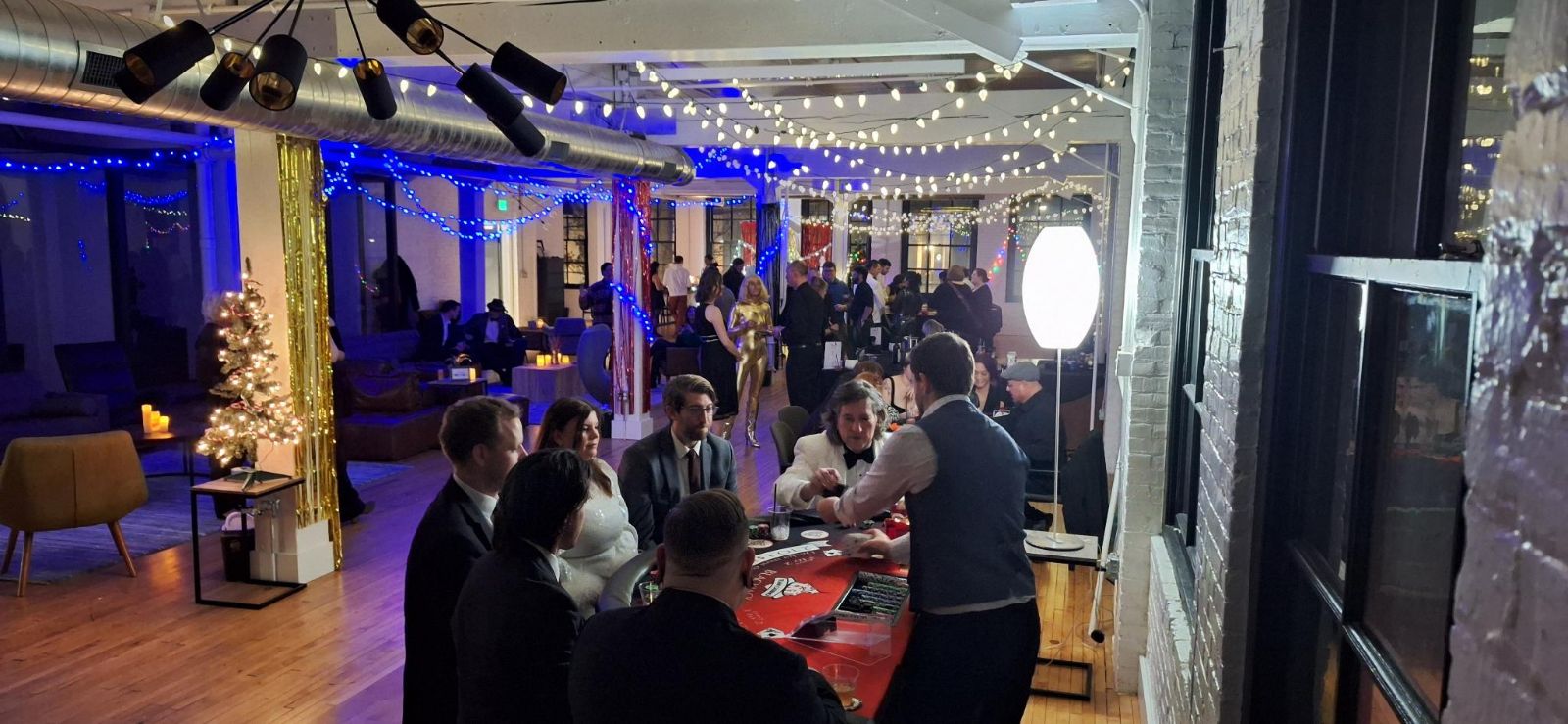
McCoy Russell continues to solidify its standing as an elite boutique among intellectual property law firms in the US.
McCoy Russell saw significant successes in 2024 – below are some of the firm’s notable highlights:
McCoy Russell continues to top the charts on national patent prosecution quality and efficiency in both Technology Centers (TCs) 3600 and 3700 . Most notably, McCoy Russell is recognized as the top performing patent firm in TC 3700 for a fifth year running by Juristat noting “Consistency continues to be the name of the game, particularly for McCoy Russell and Dentons. Both claimed the top spots in technology centers for the fifth consecutive year, McCoy Russell in Tech Center 3700 and Dentons in Tech Center 1600.”
After the firm’s review with Business Oregon Certification Office for Business Inclusion and Diversity (COBID), the firm continues its certification as a Women-Owned Small Business at the state level. The firm is in process of renewing its federal recognition by the U.S. Women’s Chamber of Commerce (USWCC) as a certified Women-Owned Small Business.
McCoy Russell’s software arm, IroncrowAI, continues to refine its specialized AI LLM Sandbox that has achieved a score above the 70% threshold required to pass the patent bar exam in late 2023. Through continued collaboration, IronCrow AI continues to develop AI Tools for Patent Professionals enhancing patent practice with cutting-edge AI technology.
Chambers USA 2024 recognized McCoy Russell as one of the leading intellectual property firms in the USA, with its Attorneys Anna McCoy, John Russell, and Justin Wagner individually ranked. Further, Attorney Anna McCoy and John Russell were recognized by Super Lawyers for their practice in Oregon. The firm continues its recognition in U.S. News – Best Lawyers “Best Law Firms” in the practice area of Patent and Trademark Law in Oregon.
McCoy Russell continues its involvement with AUTM, an organization that brings together Technology Transfer professionals around the nation. Partner Justin Wagner along many esteemed peers in AUTM’s Western Region Meeting Planning Committee contributed in shaping the programming for AUTM’s Western Regional Conference attendees. McCoy Russell continues to develop relationships with academic and research institutions and their technology transfer offices to better support their intellectual property needs and portfolio development.
McCoy Russell strengthened its deep relationships with its network of trusted foreign associates in numerous jurisdictions including China, Europe, Japan, and South Korea through various international conferences including most recent INTA Annual Meeting in Georgia.
The McCoy Russell team demonstrated remarkable dedication, fully embracing a collaborative process that created new opportunities. Our teams not only remained accessible to clients but also supported one another, working together to achieve far more than we could individually. We hold a deep appreciation for our clients and staff, as the support of both have taken us far.
McCoy Russell looks forward to the upcoming year, with a focus on dreaming big and finding ways to make an impactful difference for our clients and in our community. We will continue to innovate how our firm practices intellectual property law, pioneering solutions and structures to maximize the potential of our highly-skilled team to the benefit of our clients.




Recent Comments